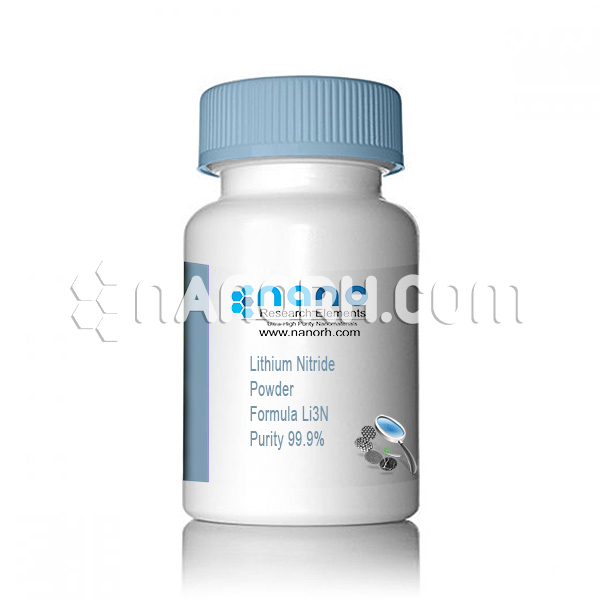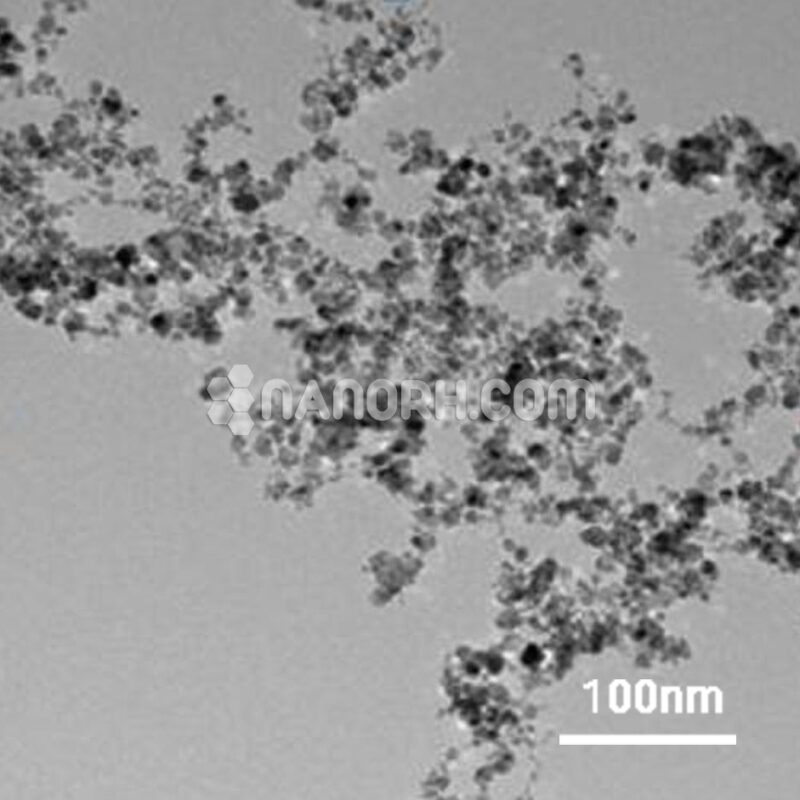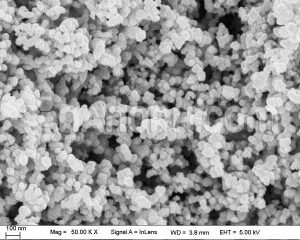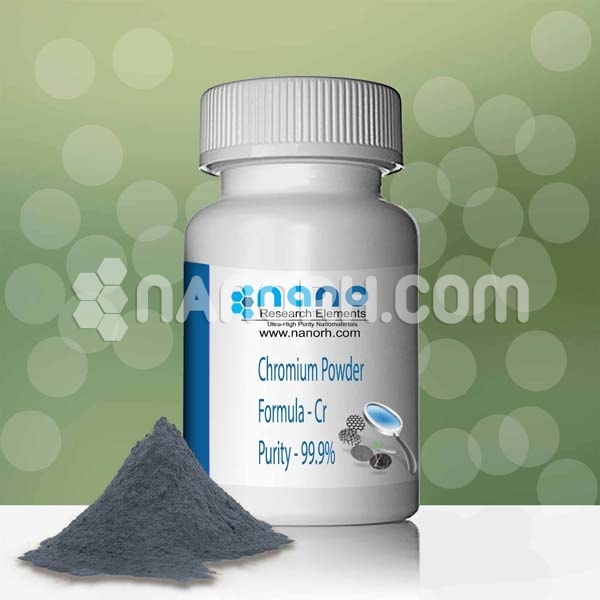| Lithium Nitride Powder | |
| Product No | NRE-11153 |
| CAS | 26134-62-3 |
| Purity | 99.9% |
| Formula | Li3N |
| APS | <40 µm (can be customized) |
| Color | Red, Purple |
| Molecular Weight | 34.83 g/mol |
| Density | 1.3 g/cm3 |
| Melting Point | 813 °C |
| Boiling Point | NA |
Lithium Nitride Powder
Lithium nitride is a chemical compound composed of lithium and nitrogen, with the chemical formula Li3N. It is a stable crystalline solid that is primarily used for specific applications in the field of chemistry and material science. Some of the key applications of lithium nitride powder include:
- Energy Storage: Lithium nitride has been studied for its potential applications in advanced energy storage systems, especially in lithium-ion batteries. It has been investigated as a potential high-capacity electrode material due to its ability to store lithium ions. However, as of my last update in 2021, its commercial applications in this field were still in the research phase.
- Hydrogen Storage: Lithium nitride has been researched for its capacity to store hydrogen. Hydrogen storage is crucial for many applications, including hydrogen fuel cells, and lithium nitride has shown promise as a potential material for hydrogen storage due to its high hydrogen content.
- Catalysts: Lithium nitride has been explored for its catalytic properties in various chemical reactions. It has been studied as a potential catalyst for different organic transformations and can play a significant role in facilitating reactions and increasing their efficiency.
- Semiconductor Industry: Lithium nitride has been considered for applications in the semiconductor industry. It has properties that could make it useful in the development of new semiconductor devices and as a component in the manufacturing of certain types of electronic components.
- Alloys: Lithium nitride can be used as an alloying agent, which can modify the properties of certain materials. By incorporating lithium nitride into specific alloys, it is possible to alter their mechanical, thermal, or electrical properties for various industrial applications.




